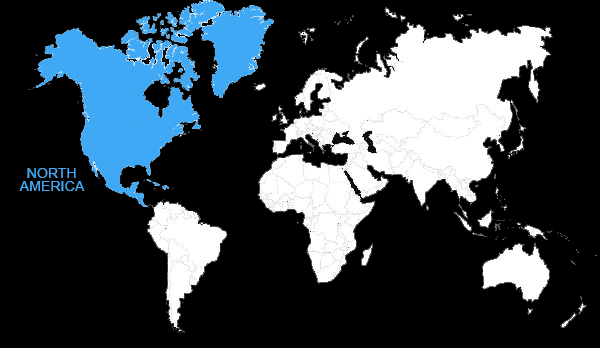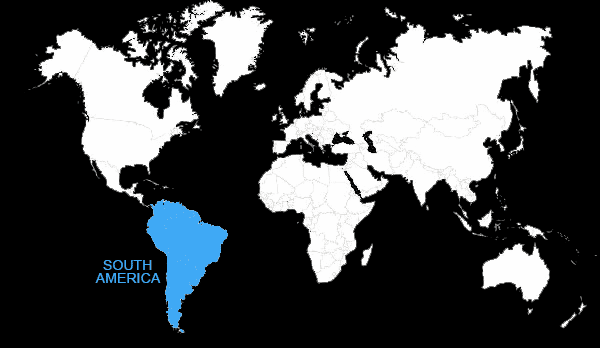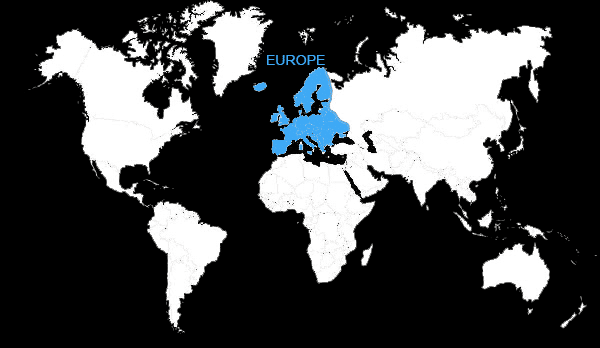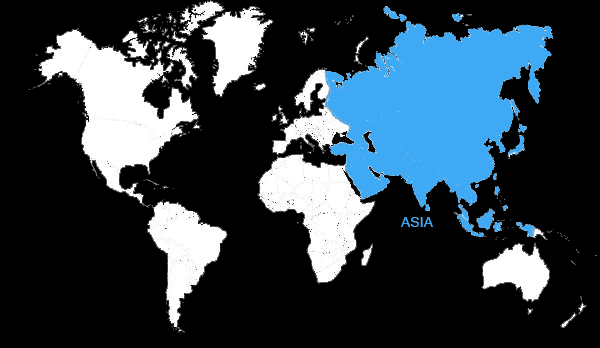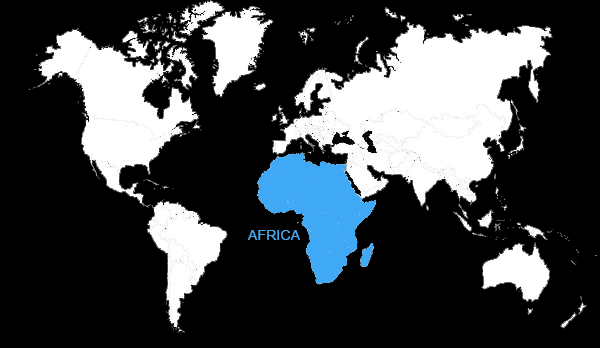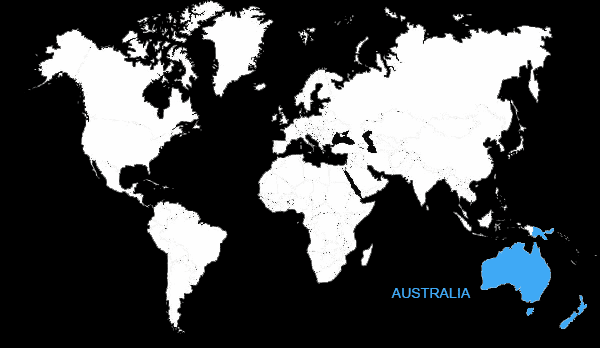Ceará Sporting Club Tryouts
Ceará Sporting Club, or Ceará, as they are usually called, is a Brazilian football team from the city of Fortaleza in the Brazilian state of Ceará, Brazil. The club competes in the Campeonato Brasileiro Série A, the top flight of Brazilian football.
Ceará Sporting Club Youth Development System
Ceará Sporting Club School
The Ceará Sporting Club School, traditionally called Fábrica de Craques, continues with its open enrollment to serve young athletes who are interested in becoming stars.
Athletes who are in the age group of 5 to 17 years old can now register, just analyze the schedule table below to choose the date and time of the training.
Craques Factory School Vacancies:
NOTE: It is important to make contact by phone to check the availability of places, since the number of students is limited.

Basic School Information:
- Documents required for registration:
- Xerox of the student and guardian’s RG;
- Proof of residence;*
- Medical certificate (released for football);
- Presentation of the Electrocardiogram exam
For more information: (85) 3038-8058 (Call and WhatsApp) or click here.
Ceará Sporting Club Training Struture
Ceará Sporting Club, throughout its 105 years of existence, continues to evolve in all areas and the infrastructure has been following a growth pattern to serve well the professionals who perform activities in the club.

In Porangabuçu, the club has facilities aimed at the better functioning of internal actions of daily life. Professional football has a large cafeteria, with an attached nutrition room, a gym, two changing rooms, one used by the women’s team and the other by professional football. This space for athletes has eight environments distributed among clothes, changing rooms, pantry, baths, bathroom, a circulation area, deposits and a sauna.
In addition to a dressing room for the technical committee, a room for the performance analysis department and one for the physiology department. The Dr. Gothardo Figueiredo Medical Center is structured with the best equipment for prompt recovery of athletes. The internal area of Porangabuçu also has a rest accommodation and a hotel for concentrating the modalities of Adult Futsal and Women’s Football.
The club has four fields for physical and technical activities related to football, in Porangabuçu. The main one, used by the professional football squad and three more that are available for women’s football and the club’s schools.
Ceará also invested in infrastructure for the professionals who cover the club on a daily basis, both their own and those of the communication vehicles that frequent the club daily. The communication sector is housed in a large room with support for up to nine people to exercise their professional functions. The press room is one of the most complete of Brazilian clubs, with a capacity for twenty-four seated professionals and up to five interviewees at once. The communication also has a studio for transmitting daily programs at Webradio Vozão.

In Porangabuçu, the club also has a gymnasium with capacity for 1500 spectators, which includes training and games in the youth and adult categories of the alvinegro. The gym still has eight cabins and has hosted competitions such as the Ceará championship of various categories and the Brazil U-20 Cup in 2019.
Ceará expanded so much over the years that it broke the barriers of Porangabuçu and reached Itaitinga. In the city of the metropolitan region, Mais Querido has at its disposal a Training Center totally dedicated to its basic categories. CT Luís Campos, better known as Cidade Vozão, has been a reality in the daily routine of the club for six years.
With five courses catering to athletes from the Under-13,15,17,19 and 20 categories, in addition to women’s football, the structure of Cidade Vozão also has a large cafeteria, auditorium, gym, medical center and accommodation with 14 rooms. Today, the structure receives 180 athletes, daily. Of these, 40 are housed in the CT. Altogether, there are 70 professionals from different areas working to better serve the future stars of Mais Querido.
EXPLORE MORE CLUBS!
Explore more professional clubs by continent.
Ceará Sporting Club History
Ceará was relegated to the Brazilian League in 2010, following a 17-year absence from the competition, as a result of their third-place position in the Brazilian Championship Series B in 2009. They ended up in the 12th position, which earned them a spot in the 2011 Copa Sudamericana competition.

In 2011, Ceará competed in the Copa do Brasil and made it all the way to the semi-finals. In the previous round, Ceará interrupted Ronaldinho’s Flamengo’s unbeaten streak by winning the road game and drawing the home game. As a result, Ceará eliminated the Rio de Janeiro squad in a notorious upset and advanced to the next round. Coritiba was able to go to the finals but Ceará was eliminated by them.
Stadium
The Estádio Governador Plácido Castelo is a football stadium that was inaugurated on November 11, 1973 in Fortaleza, Ceará, Brazil, with a maximum capacity of 63,903 spectators. It is also known as the Castelo, which is Portuguese for “Big Castle”) or Gigante da Boa Vista.

Both the Ceará Sporting Club and the Fortaleza Esporte Clube call the stadium in Fortaleza, which is owned by the state government of Ceará, their home field. Plácido Aderaldo Castelo, who was instrumental in the construction of the stadium and served as Governor of Ceará from September 12, 1966 until March 15, 1971, is being honored by having his name given to the facility.
Crest
The club was known at the time as the Ceará Sporting Club when it debuted its original logo, which was in use from 1915 to 1954. The Santos logo served as an inspiration for the company’s second logo, which was in use from 1955 to 1969.

From 1970 to 2003, the third logo was in use. The fourth logo is the one that is now used by the team; it was selected and put into use in the year 2003. The former logo, which was designed by Adman Orlando Mota, has been updated and given a new look to become the new company logo. This logo was the first to use the white stars as well as the founding date.



